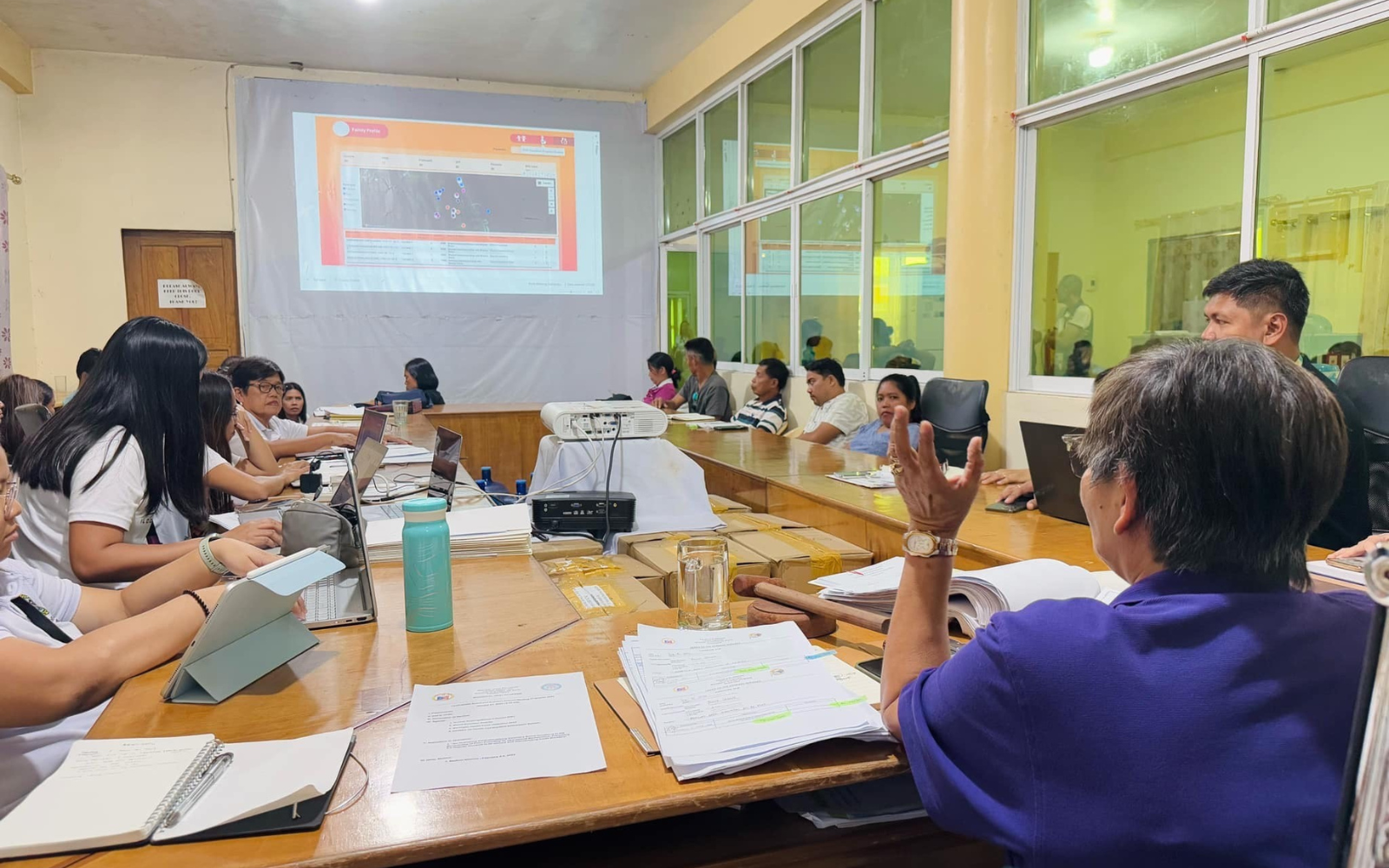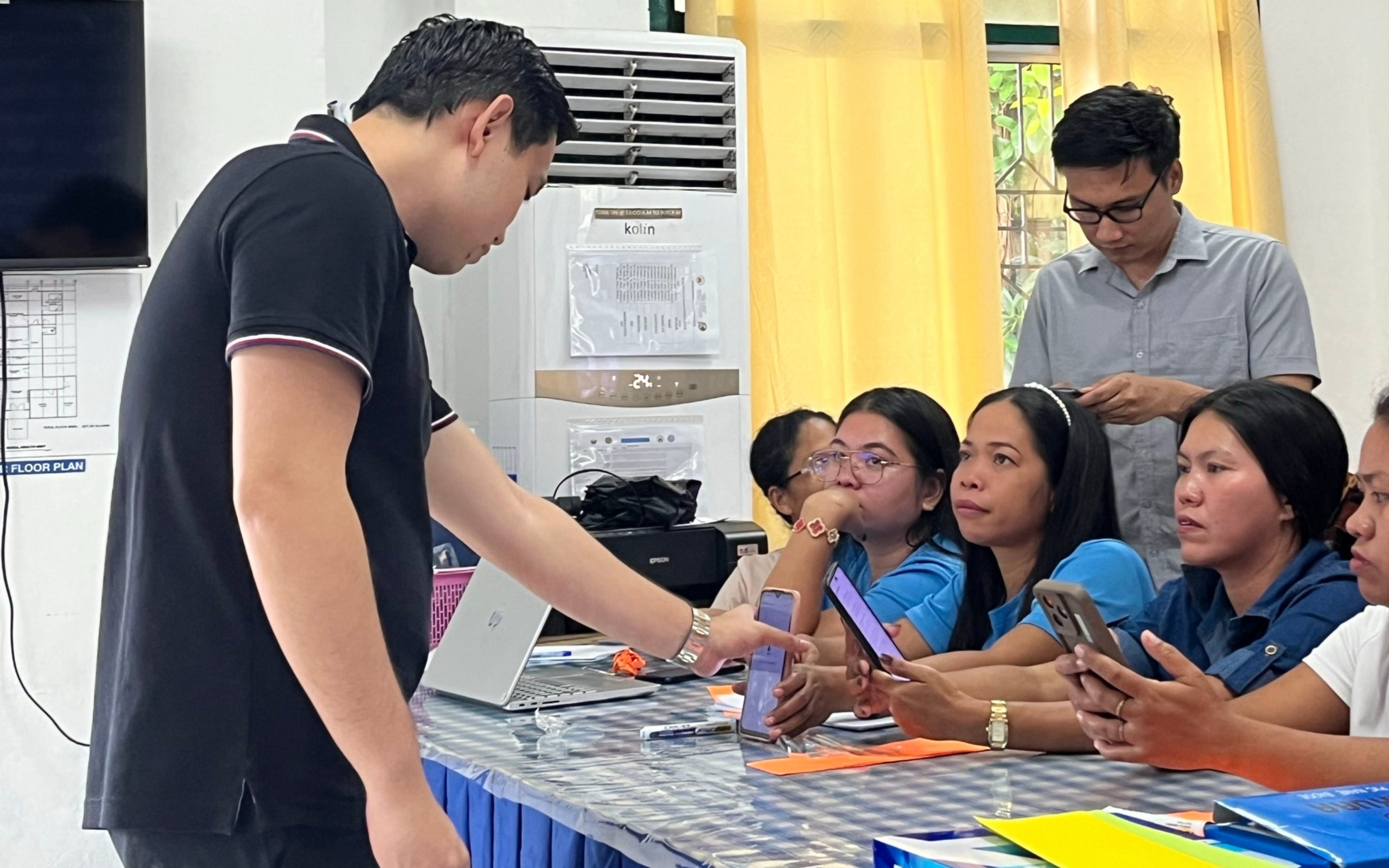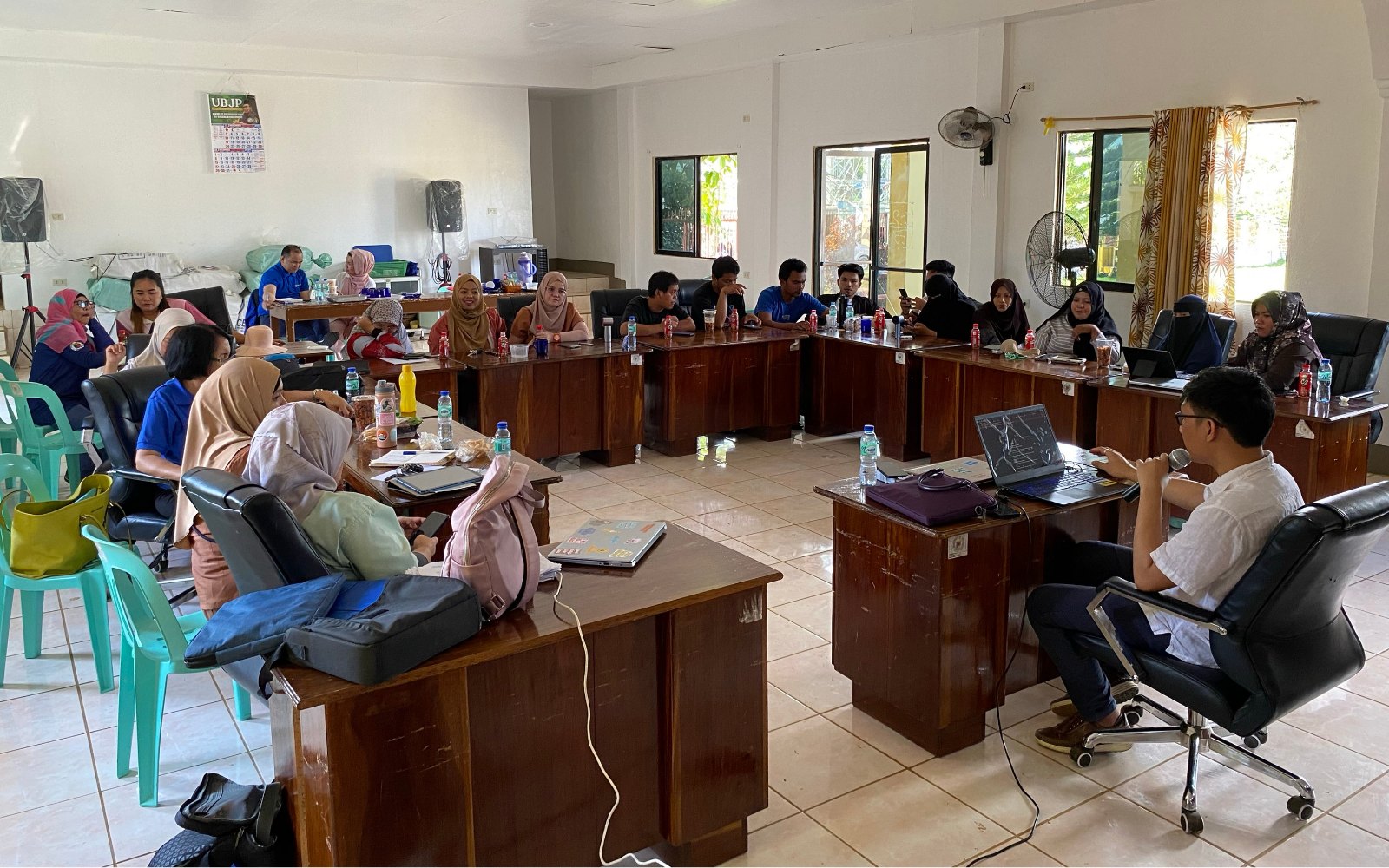ZFF Pook Malusog Dashboard: A Digital Tool for Better Health and Nutrition
Stories | by Krizzia Esperanza

Health workers in many communities often struggle with outdated and incomplete health records. Important data about pregnant women and young children—especially those in the First 1,000 Days (F1KD)—can be hard to track. Without clear and updated information, it becomes difficult to provide the right help at the right time.
To address this, the Zuellig Family Foundation (ZFF) developed the Pook Malusog Dashboard—a digital tool designed to make health and nutrition monitoring easier, faster, and more accurate.
The ZFF Pook Malusog Dashboard is a digital health and nutrition information system that helps local health workers track pregnant women and young children in their communities. Instead of relying on scattered paper records, Barangay Health Workers, Barangay Nutrition Scholars (BNSs), midwives, and other Rural Health Unit (RHU) staff can now collect and update data in one organized digital platform.

How Does It Help?
- Easy Data Collection: Health workers can input data on pregnant women, newborns, and children up to five years old using a mobile phone, tablet, or a computer.
- Real-Time Updates: Local governments can instantly see who needs urgent care and which areas have nutrition problems.
- Automatic Computation: The system calculates height, weight, and other health indicators to detect malnutrition early.
- Geo-Tagging: Helps track families and ensure they receive proper nutrition support.
- Offline Capability: Data can be collected even without the internet and uploaded once a connection is available.
In Pilar, Siargao, Mayor Liza Resurreccion described the Dashboard as “a dream come true” for her municipality. During the pilot run, 428 children (0-59 months), 36 pregnant women, and 357 households were monitored using the system. In 2025, Pilar fully integrated the Dashboard into its annual Operation Timbang Plus (OPT+) survey. With this, all 15 barangays in Pilar now benefit from real-time health and nutrition data.

In Basilan, two ZFF Municipal Nutrition Governance Program (MNGP) areas—Tipo-Tipo and Lamitan City—have started using the system. Municipal Health Officers have committed to integrating the tool into their local health programs and securing additional resources, such as Android phones for BNSs, to make implementation smoother.
Why Nutrition Data and Technology Matter
Having accurate health and nutrition data means local governments can make better decisions. Instead of guesswork, they can plan food programs, medical missions, and financial support based on real needs. The goal is to create healthier communities where health workers are better equipped, and every family gets the support they need.